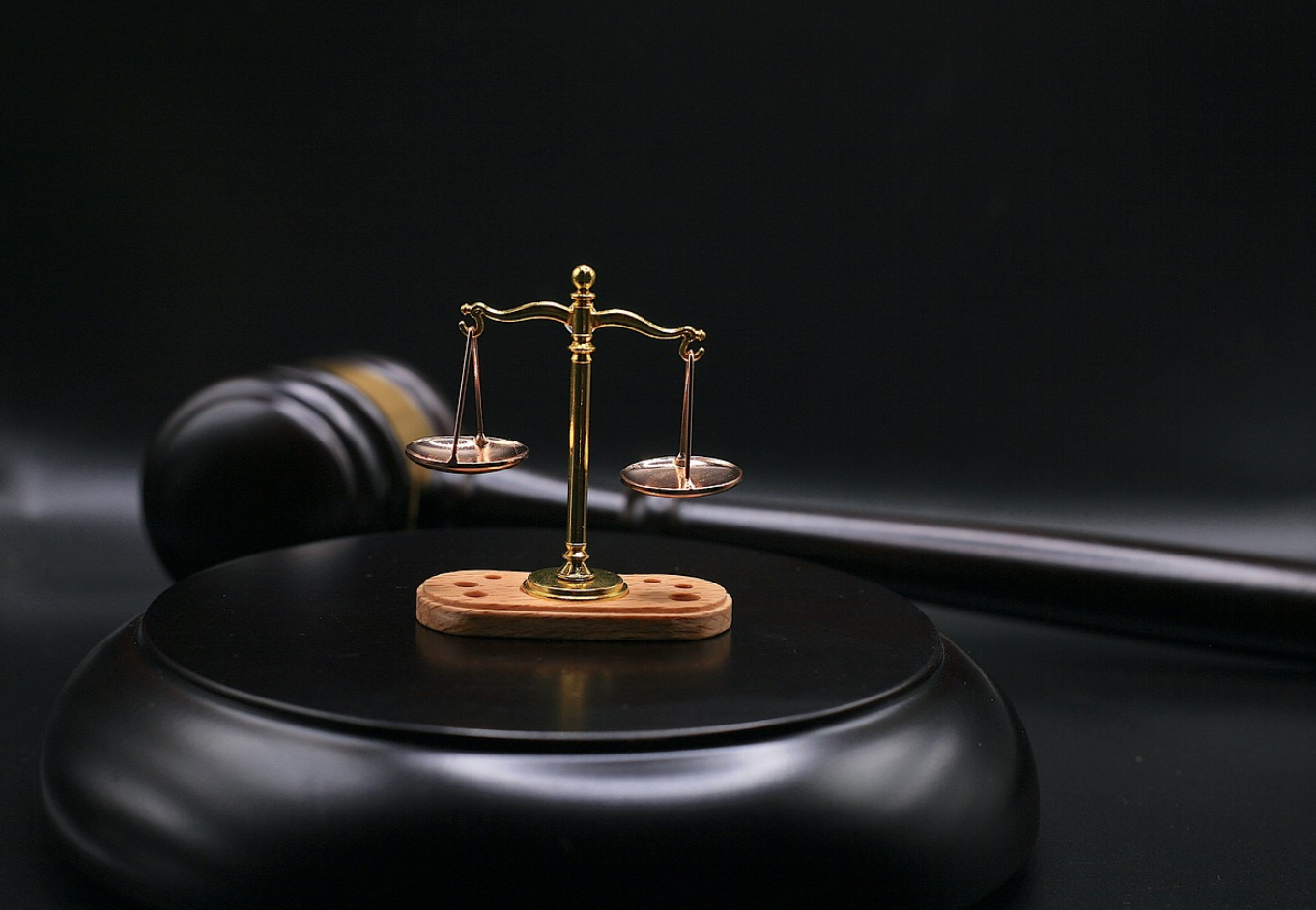Selecting the right personal injury lawyer involves careful consideration of various skills and qualities.
When faced with the aftermath of an accident or injury, choosing the right personal injury lawyer can make a significant difference in the outcome of your case. A skilled attorney not only helps you navigate the complex legal system but also ensures that you receive the compensation you deserve. Here are the critical skills to look for in a personal injury lawyer.
1. Expertise in Personal Injury Law
One of the most crucial skills a personal injury lawyer must possess is a deep understanding of personal injury law. This includes knowledge of various types of personal injury cases, such as car accidents, medical malpractice, slip and falls, and workplace injuries. A lawyer well-versed in these areas can identify the relevant laws and regulations that apply to your case, ensuring that no detail is overlooked.
2. Strong Negotiation Skills
Negotiation is a fundamental part of personal injury cases, as many claims are settled out of court. A lawyer with excellent negotiation skills can effectively communicate with insurance companies and opposing counsel to reach a favorable settlement. They should be able to advocate for your best interests, presenting evidence and arguments that highlight the extent of your injuries and the impact on your life.
3. Litigation Experience
While many personal injury cases are settled before reaching the courtroom, it’s essential to choose a lawyer with litigation experience. This ensures that if your case goes to trial, your attorney is prepared to represent you effectively. A lawyer with courtroom experience understands the procedural aspects of a trial, can present compelling arguments, and is comfortable questioning witnesses and presenting evidence.
4. Analytical Skills
Personal injury cases often involve analyzing medical records, accident reports, and other complex documents. A lawyer with strong analytical skills can sift through this information, identify key pieces of evidence, and develop a strategy to support your claim. This analytical ability is crucial for building a robust case and countering any arguments presented by the opposing side.
5. Empathy and Compassion
Dealing with a personal injury can be an emotionally taxing experience. A good personal injury lawyer should demonstrate empathy and compassion, providing support and understanding throughout the legal process. They should listen to your concerns, answer your questions, and keep you informed about the progress of your case. This empathetic approach helps build trust and ensures that you feel valued and supported.
6. Attention to Detail
Attention to detail is vital in personal injury cases, where small oversights can have significant consequences. A meticulous lawyer will carefully review all aspects of your case, from gathering evidence to filing paperwork correctly and on time. This thorough approach helps prevent errors and ensures that your case is presented as effectively as possible.
7. Communication Skills
Effective communication is essential in any legal case. A personal injury lawyer must be able to clearly explain legal concepts, keep you updated on the status of your case, and communicate effectively with other parties involved. Good communication also means being a good listener, understanding your needs and concerns, and addressing them appropriately.
8. Resourcefulness
A resourceful lawyer can leverage various resources to support your case. This might include consulting with medical experts, accident reconstruction specialists, or other professionals who can provide valuable insights and testimony. A lawyer who knows how to use these resources effectively can strengthen your case and increase the likelihood of a favorable outcome.
9. Reputation and Track Record
When choosing a personal injury lawyer, it’s important to consider their reputation and track record. Look for an attorney with a history of successful case outcomes and positive reviews from previous clients. A lawyer with a solid reputation is likely to be respected by judges, opposing counsel, and insurance companies, which can be advantageous for your case.
10. Problem-Solving Skills
Personal injury cases often present unexpected challenges that require creative solutions. A lawyer with strong problem-solving skills can think on their feet, adapt to new information, and find innovative ways to address issues as they arise. This ability to navigate obstacles is crucial for keeping your case on track and achieving the best possible result.
11. Client-Centered Approach
A client-centered approach means putting your needs and interests first. Look for a lawyer who prioritizes your well-being and is committed to achieving the best outcome for you. This involves being responsive to your inquiries, providing personalized attention, and genuinely caring about your case. A lawyer who takes a client-centered approach is more likely to go the extra mile to ensure your satisfaction.
12. Legal Fees and Transparency
Understanding the financial aspect of hiring a personal injury lawyer is important. Many personal injury lawyers work on a contingency fee basis, meaning they only get paid if you win your case. Ensure that your lawyer is transparent about their fees and any additional costs that might arise. This transparency helps prevent any surprises and allows you to make informed decisions about your legal representation.
13. Dedication and Perseverance
Personal injury cases can be lengthy and demanding. A dedicated and persevering lawyer will remain committed to your case, regardless of the challenges that arise. They will put in the necessary time and effort to gather evidence, build a strong case, and fight for your rights. This dedication is essential for achieving a successful outcome.
14. Professional Network

A well-connected lawyer has access to a professional network that can be beneficial to your case. This might include relationships with other attorneys, medical professionals, expert witnesses, and investigators. Leveraging this network can provide additional support and resources, enhancing the strength of your case.
15. Ethical Standards
Finally, it’s important to choose a lawyer who adheres to high ethical standards. This means acting with integrity, honesty, and professionalism at all times. An ethical lawyer will prioritize your best interests, avoid conflicts of interest, and ensure that your case is handled in a manner that upholds the principles of justice.
Conclusion
Selecting the right personal injury lawyer involves careful consideration of various skills and qualities. By looking for expertise in personal injury law, strong negotiation and litigation skills, analytical abilities, empathy, attention to detail, communication skills, resourcefulness, a solid reputation, problem-solving skills, a client-centered approach, transparency regarding legal fees, dedication, a professional network, and high ethical standards, you can find a lawyer who will effectively represent your interests and help you achieve a favorable outcome in your case.


Join the conversation!